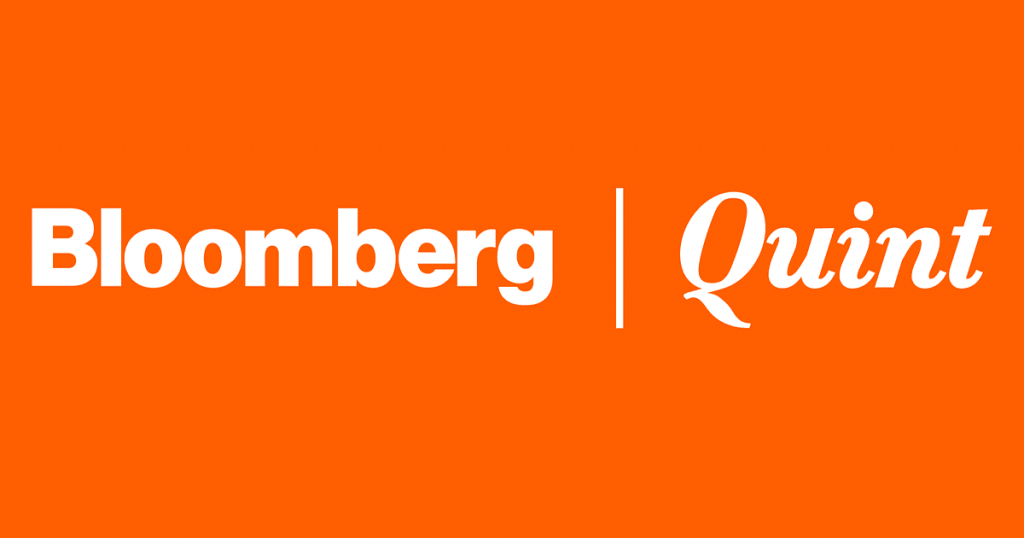An oil site operated by Royal Dutch Shell Plc’s Nigerian unit has been seized by one of the country’s state governments due to a dispute over an oil spill that occurred decades ago.
The government of Rivers state in the Niger Delta sealed off the base, which is called Kidney Island and located in the oil hub of Port Harcourt, on Wednesday, according to a statement emailed by Kelvin Ebiri, a spokesman for the governor, Nyesom Wike. The facility and Shell’s 30% stake in a nearby block, known as Oil Mining Lease 11, were “lawfully purchased through public auction ordered by the court,” he said.
Shell “dismissed the purported takeover” of Kidney Island and OML 11, asserting in a statement that the judgment is still subject to appeals submitted by the company to a local court in Rivers state. The state government’s announcement is “premature and prejudicial,” it said. The transfer of the oil license requires the approval of Nigeria’s federal minister of petroleum resources, which has not been granted, according to the statement.
A spokesman for Minister of State for Petroleum Resources Timipre Sylva didn’t immediately respond to a request for comment on the tussle over OML 11. It will be difficult for Rivers state to take control of Shell’s share of the permit because the federal government is “highly unlikely” to sign off on the transfer, Menas Associates Ltd., a London-based strategic and political risk consultancy, said in a note published Nov. 30.
Shell is involved in a long-running legal battle with a local community in Rivers state which has successfully sued the company for millions of dollars in damages for polluting its land. Last year, the regional government claimed it had acquired Shell’s interest in the oil block at the heart of the case and the nearby support base after a court approved the sale of the firm’s assets to enforce the judgment.
Rivers state offered $150 million for the two assets, according to the statement. The government also paid one billion naira ($2.6 million) to the Ejama-Ebubu community, which brought the lawsuit against Shell, while the funds used for the purchase are in escrow, it said.
In 2010, a federal court ordered a Nigerian subsidiary of the Hague-based oil major to pay 17 billion naira to the Ejama-Ebubu community to compensate damage caused by the rupture of one of the firm’s pipelines fifty years ago. Shell doesn’t accept responsibility for the spill, which it blames on “third parties” during a civil war that lasted from 1967 to 1970, and says the affected sites have been cleaned up.
While Shell has repeatedly challenged the decision, all appeals have been dismissed, most recently by the Nigeria Supreme Court late last month. In March, a judge in a related court case said, with interest accrued, Shell’s debt stood at nearly 183 billion naira as of January 2019 – a valuation the company is contesting.
A federal court has issued an order restraining any further enforcement of the underlying judgment debt at least until a hearing scheduled for mid-January 2021, according to Shell’s statement. Rivers state’s government should “allow the due process of the law,” it said.



